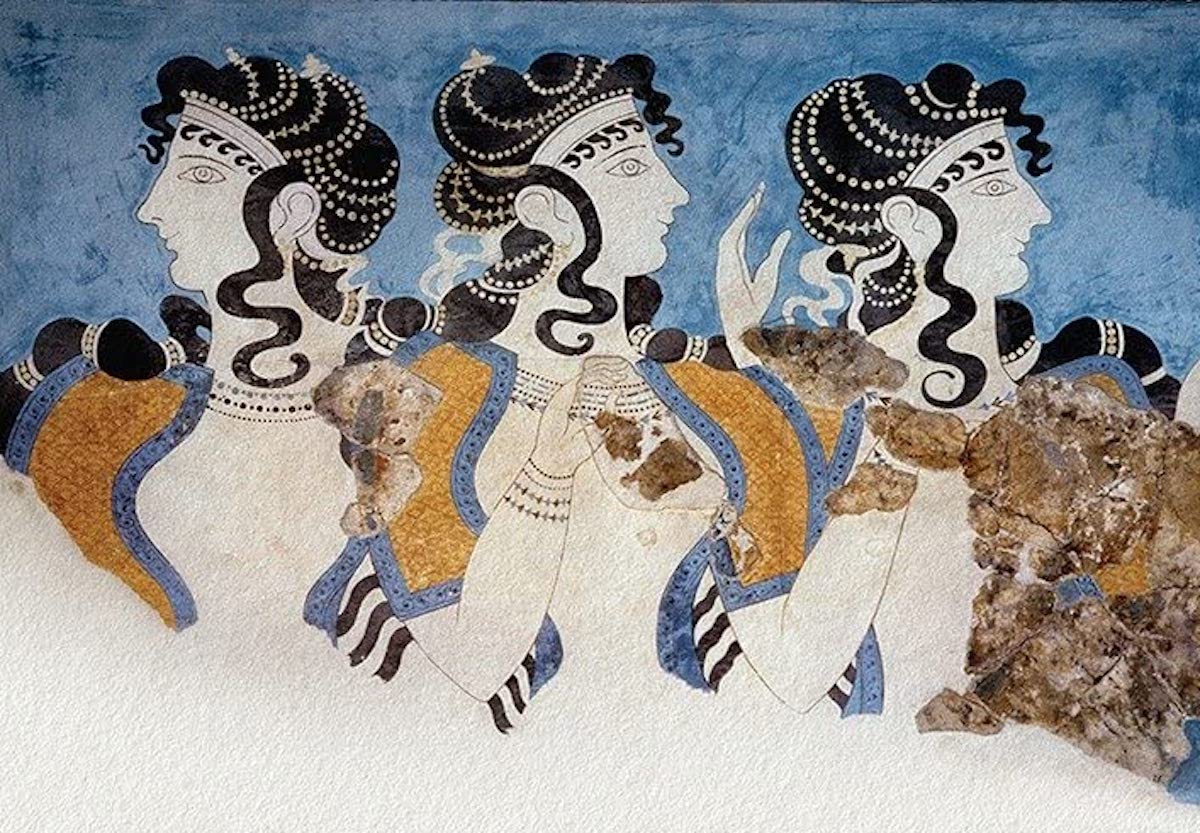Writer Who Made History With Her Translation of ‘The Odyssey’ Moving on to Another Epic Tale

If you love books and ladies, as you should, this is the corner of the internet for you today. And dudes, there’s even some Roman Empire thrown in here for you. Emily Wilson, a famous classicist who made history by being the first woman to fully translate Homer’s epic poem The Odyssey, is at it again, with her new translation of The Iliad out this past week.
So, besides being translated by a woman, why are Wilson’s books special? You have no doubt heard the phrase “history is written by the victors,” and while these two epic poems generally attributed to Homer are far from exact catalogs of historical events, they do contain a sort of cultural history of the time period they speak of—just before and after the legendary Trojan War. And the teller, presumed to be Homer—though we don’t have much definitive knowledge of who they were—is definitively a male, Greek perspective.
Although Ancient Greece was an extremely advanced society in myriad ways, it is not known for being progressive about women’s rights. The stories in The Odyssey and The Iliad are told very much from what has historically been called a masculine point of view.
It is often an omniscient third-person narrator, and in some sections of the poem, Odysseus himself narrates the story. He spends 20 years sailing around fighting and womanizing, while his wife waits for him. Let’s just say the story is not exactly presented in a way that honors or values the female perspective. And in addition to the misogyny inherently present in the original poem, each male translator has, in his turn, added his own misogynistic lens to the tale.
Here is where Wilson comes in. She became famous in 2017 for her unique translation that seeks to avoid adding misogyny where it was not there in the original Greek and doesn’t try to obscure the obscene topics that show the hero is an a-hole, like how he had a bunch of female slaves, for instance.
Wilson’s translation of The Odyssey is also known for using plain, straightforward language instead of elevated poetic speech and being very accessible to students, which has pros and cons. Critics of her work have justifiably said some of the art was lost using this method. However, early readers of her new translation of The Iliad are saying she avoided this pitfall in her new work and was able to translate close to the full magic onto the page.
The Marin Theatre, along with famous writer/director Lisa Peterson, just presented a world premiere stage version of The Odyssey that was adapted from Wilson’s translation, so it looks like Wilson’s perspective is spreading, and we’re here for it.
(featured image: W. W. Norton & Company)
Have a tip we should know? tips@themarysue.com